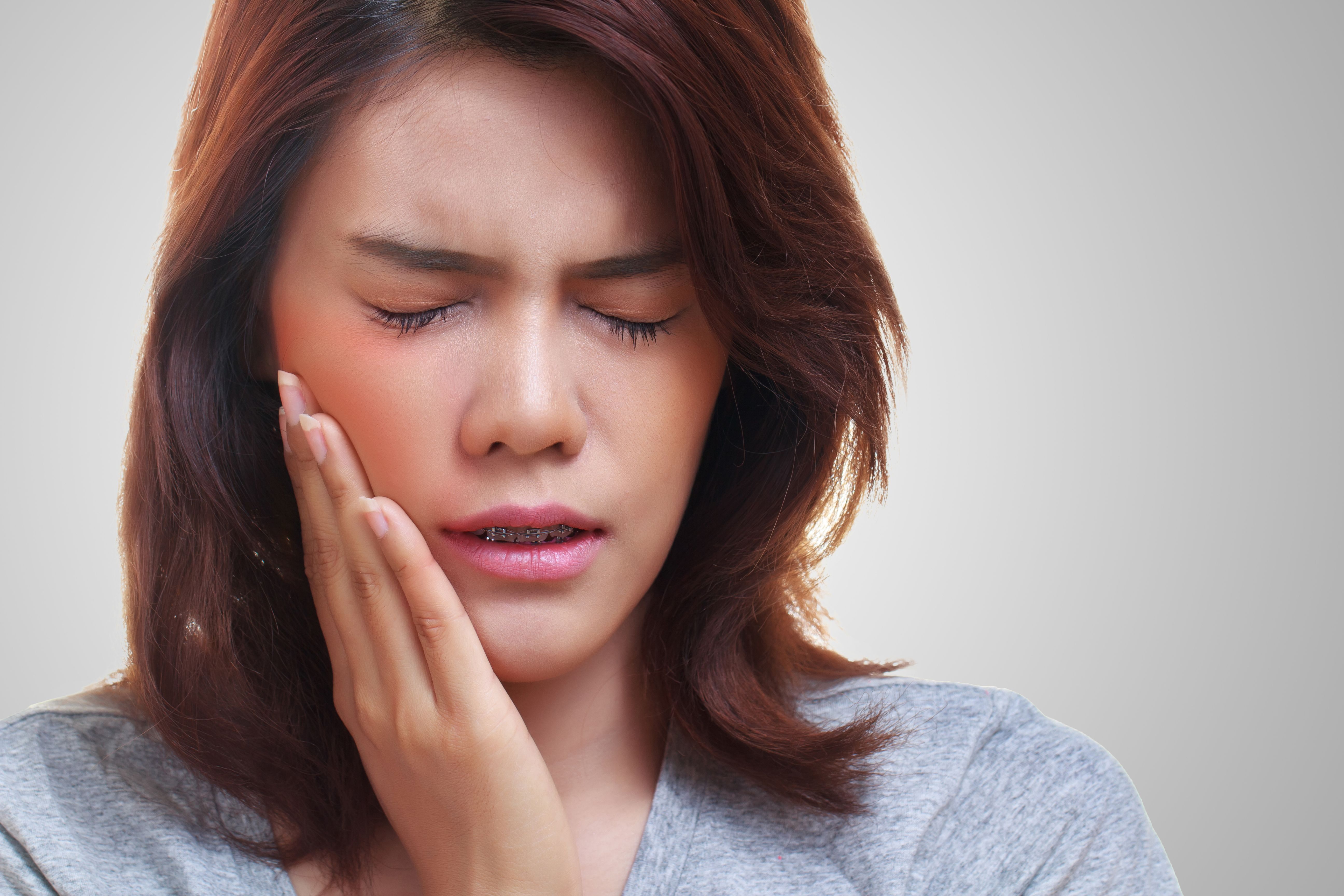Too Hot, Too Cold, Just Right: Temperature and Tooth Sensitivity
 When people visit Dental Associates of New England, they know that they in good hands. We are a leading cosmetic dentistry practice serving Boston and Waltham, always striving to improve dental health through patient education, preventative care, and advanced technology.
When people visit Dental Associates of New England, they know that they in good hands. We are a leading cosmetic dentistry practice serving Boston and Waltham, always striving to improve dental health through patient education, preventative care, and advanced technology.
A number of patients who come to our practice complain of tooth sensitivity related to hot and cold temperatures. Since this issue is common, we'd like to go over the matter in a bit of detail.
About Tooth Sensitivity
Tooth sensitivity refers to a heightened level of feeling when a person bites or chews, particularly when it comes to foods and beverages that are hot or cold in temperature. When patients with serious tooth sensitivity have a hot or cold item of some kind, it can lead to serious discomfort.
Reasons for Hot/Cold Tooth Sensitivity
The exact cause can vary from patient to patient, but it often comes down to three issues:
-
Exposure of Dentinal Tubules – Beneath the topmost enamel layer of the teeth is a substance known as dentin. This dentin layer of the teeth contains small pores known as dentinal tubules, which lead into the pulp chamber and to the nerves of the dental pulp. When the tubules are stimulated, this can make them especially aware of heat and cold, leading to increased sensitivity.
-
Exposure of Inner Tooth Structure – Related to the above, damage and injury to a tooth means that hot and cold temperatures are able to reach the dentin without as much of a protective buffer, resulting in acute sensitivity.
-
Exposure of the Tooth Roots – The tooth root is the portion of the tooth that is covered by the gumline. When more of a tooth root is exposed, a tooth tends to be more sensitive to hot and cold temperatures.
Potential Causes of Tooth Sensitivity
When it comes to the causes of hot/cold tooth sensitivity, there are a few common issues:
-
Teeth Whitening Treatment – When you undergo teeth whitening treatment, the dentinal tubules are often affected by the bleaching agent. This results in temporary teeth whitening in the days after treatment.
-
Gum Recession – Gum recession refers to the loss of gum tissue along the gumline, which exposed more of the root structure of the teeth.
-
Tooth Decay and Injury – Cavities, chips, and cracks can all result in hot and cold temperatures reaching the inner structures of the teeth. This results in acute sensitivity that can be quite painful.
Tips for Dealing with Tooth Sensitivity
When it comes to dealing with tooth sensitivity, there are a few options to consider.
For sensitivity linked to teeth whitening treatment, it's best to avoid hot and cold foods and beverages for the first day or so after bleaching. Lukewarm and room temperature is best. The same goes for rinsing and mouthwash: aim for room temperature to avoid serious discomfort.
When tooth damage and gum recession are the cause of your tooth sensitivity, the best option to consider is restorative care. This includes the use of dental restorations such as fillings and crowns, as well as gum grafting procedures to rebuild the gumline.
The ideal treatment option for you and your needs can be discussed in greater detail during your visit to the practice.
Contact Our Team of Dental Care Experts
To learn more about your dental treatment options regarding tooth sensitivity, dental pain, and toothaches, be sure to contact our cosmetic and restorative dentistry center today. Our team will work closely with you to enhance your smile and improve wellness in the process.





